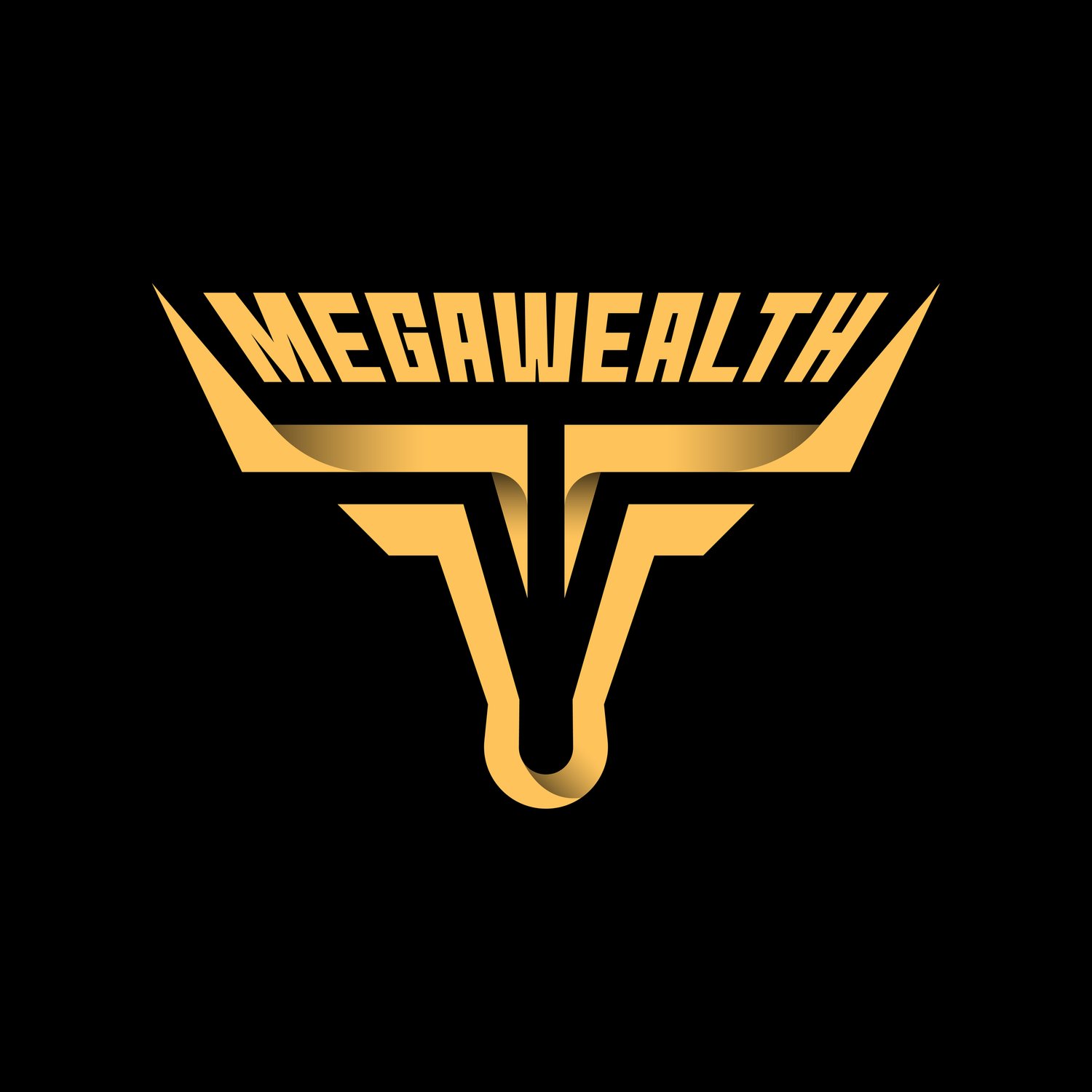Stocks and the Economy in the Trump Presidency
I remember vividly in college trying to memorize the formula for the economy, or GDP, gross domestic product. Why? Because YEARS later, I would shoot straight up in my bed and nearly shout: GDP = C + I + G + (X-M)
You have your nightmares, and I have mine!
As we enter the Trump presidency, this formula is at the forefront of my mind, once again, 40 years later...
C = Consumer spending, 68% of GDP in 2023, average 63-68%
I = Business Investment, 18%, average 13%, range 11-15%
G = Government Spending, 17%, range 18-22%, but 2020-1: 43-45%
X - M = Exports minus Imports, -3% (a trade deficit).
Like any equation, to keep GDP stable, or growing 3% per year, we EITHER need each component to stay stable as a percent of the total or if one goes down, then others need to make up for them.
For instance, for GDP to grow 3% (nominally, ie not considering inflation), then consumer spending, business investment, government spending, and exports minus imports would need to stay stable as a percentage of the total and each must grow at 3%.
Enter Elon Musk and the Department of Government Efficiency...
This meme was created from the famous "Kitchen Sink" photo that Elon took on his first day at Twitter. Fast-forward, he fired 80% of the staff at Twitter.
DOGE isn’t an official government agency. It's a group of people headed by Elon Musk and former biotech CEO Vivek Ramaswamy. DOGE will advise the White House on ways to reduce government spending.
This will “create an entrepreneurial approach to government never seen before.” - President Trump
“This will send shockwaves through the system, and anyone involved in government waste, which is a lot of people,” Musk said.
Ramaswamy said to expect the abolishment of entire federal agencies as part of a sweeping restructure envisioned by DOGE.
This harkens back to the "small government" movement of Ronald Reagan, with ONE major exception: THE ECONOMY. GDP = C + I + G + (X-M)
When Reagan took office, we were in a major recession, caused by Paul Volker raising interest rates to 20% to halt runaway inflation.
First, inflation subsided (it will do that in a recession, which is negative growth, which puts the breaks on inflation, simplistically speaking)
Then, consumers spent money as their spending power increased (lower inflation and higher employment both helped)
Then, businesses invested more to be able to grow and provide more products to consumers and other growing businesses.
Elon's current pinned tweet says: "There are so many regulators that it’s like a sports game with more refs than players on the field!"
In the Reagan Era, shrinking the government could be done while still allowing the economy, GDP, to grow, because the other components were growing strongly coming out of the recession.
Revisiting where we are today:
C = Consumer spending, 68% of GDP in 2023, average 63-68%
I = Business Investment, 18%, average 13%, range 11-15%
G = Government Spending, 17%, range 18-22%, but 2020-1: 43-45%
X - M = Exports minus Imports, -3% (a trade deficit).
We are at the high end of the range of spending as a percent of GDP in both consumer spending and business investment. So, if we cut government spending and want GDP to keep growing, what component will pick up the slack?
If the answer is none, and DOGE succeeds in slashing government spending, then the mathematical answer is we go into recession.
One pushback to recession is that we have a resilient economy and can grow our way out of a lot of issues. Yes, hopefully so. But right now, with markets at all-time highs and DOGE's timeline being under 24 months, the potential for negative shocks to the economy and market is high.
One thing that a big decline in government spending could help is inflation.
That said, even in recessions like 2001, there are winners and losers.
In 2000-2003, tech stocks declined by 80%, but energy and consumer stocks increased, even with the overall market down 40%.
When I think of a world with less regulators, the highest-regulated industries stand to benefit the most:
The most regulated industries in the United States include:
Manufacturing: 217,000 federal regulatory restrictions. Commodities, mining, manufacturing (US focus helping even more here)
Finance and insurance: 128,000 federal regulatory restrictions. Expect to see fewer regulations, more mergers within banking, and more mega-mergers allowed among their customers. Most large private equity firms already own insurance companies as a core strategy, so they could benefit here.
Energy:
Domestic Oil & Gas Exploration and commodities in general could benefit, and many commodities have underperformed over the past several years.
Domestic Nuclear (Trump's proposed Energy Secretary Chris Wright is on the board of Oklo Inc., a next-gen small modular nuclear reactor (SMR) company.
Healthcare, Biotech & Pharmaceutical - imagine a streamlining of regulations here! This could help get more drugs to market faster, and more care to patients.
Big Tech was facing increased government scrutiny, and that heat may subside.
This reduced government oversight may lead to more prosperity for companies, and perhaps their investors.
But don't forget:
We are NOT coming out of a recession, instead, we have been at the end of a long economic expansion for the past several years.
Stock markets are at all-time highs, not multi-year lows like the beginning of Reagan's term.
First, comes reduced regulation and government spending.
Many companies have the US government as a customer and will see significant revenue declines.
THEN, comes more corporate prosperity.


